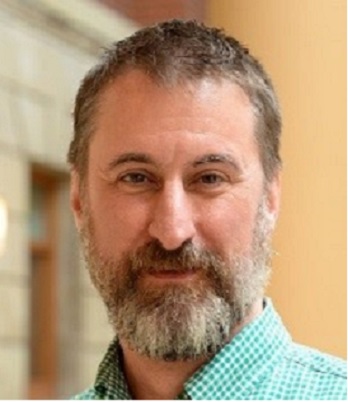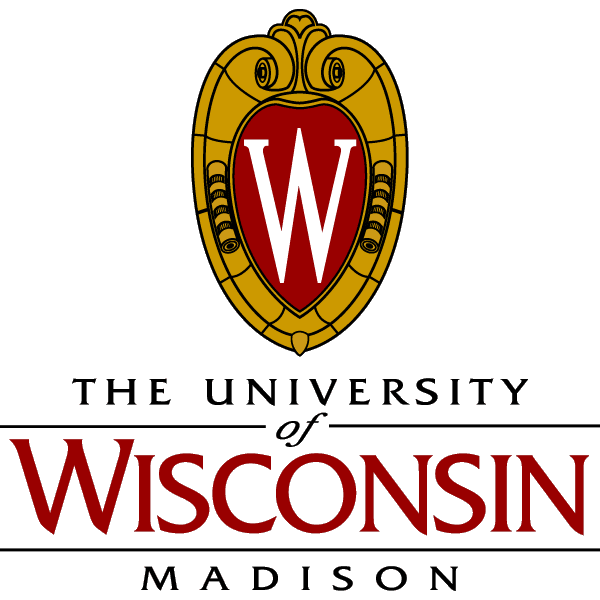Testing psychedelic compounds for treating opioid addiction
It is hard to avoid the daily tragic news related to the current national opioid epidemic. In the United States, drug overdose now exceeds motor vehicle accidents as the leading cause of accidental death, and opioid overdose has driven this trend. While effective medication-assisted treatment is available for opioid addiction, current resources are inadequate and it is frequently a challenge for patients to find prescribers or afford these medications (buprenorphine and methadone). Additionally, concerns have arisen about the diversion and abuse of these drugs. There is an urgent need to develop innovative approaches to the treatment of opioid addiction (or opioid use disorder, OUD).
Contrary to the popular belief that the goal of using a psychedelic drug such as LSD or psilocybin is simply recreational in order (or recreationally-driven) to experience kaleidoscopic images and distorted sensations, the therapeutic goal sought in modern clinical studies of psilocybin is to establish and maintain a therapeutic and highly meaningful mystical experience over the course of several hours. Drawing from his just-concluded study of the pharmacokinetics and safety of increasing doses of psilocybin in healthy volunteers with collaborators Drs. Paul Hutson and Christopher Nicholas at the University of Wisconsin-Madison, Dr. Brown aims to conduct a clinical trial testing the safety and usefulness of 2-3 doses of psilocybin as an addition to the behavioral treatment of opioid use disorder. Recent addiction studies with psilocybin have achieved positive results in alcohol use disorders and tobacco use disorders, demonstrating abstinence rates far exceeding available approved therapies. Further, as suggested by studies of LSD and psilocybin in the 1960s and by recent population-based studies showing reduced risk of future opioid misuse and psychological distress in people who have had a psychedelic experience, we seek to begin a line of work to develop clinically supervised psilocybin as a potentially revolutionary part of the treatment of opioid use disorders.
In conjunction with their community therapists, it is hoped that the remarkable components of a psilocybin experience during our proposed studies will induce a transformative (“mystical” or “epiphany” type) experience accompanied by profound psychological insight and changes (usually characterized by increased openness, enhanced self-efficacy, positive mood, and motivation to quit) leading to lasting changes in their substance use). Performing psilocybin studies is expensive, requiring careful psychiatric screening of subjects, 6-8 hours of preparation with counseling and goal-setting (the “Set”), and attendance by two trained therapist guides in a quiet, safe room during each psilocybin treatment session (the “Setting”). Collaborators in these studies of opioid-dependent adults include doctoral-level psychologists and addiction-disorder specialists.
Current research includes:
- Dr. Brown recently completed and published a Phase I dose-escalation study in 12 normal volunteers. Doses were increased to roughly 2x the doses expected to be proposed to the FDA for approval. The purpose of this Phase I study was to characterize the safety envelope of pure psilocybin, as well as to describe the time course of psilocybin concentrations in blood. No significant differences in side effects were noted among the three dose levels administered, supporting the safety of the lowest of the doses expected for future studies.
- Psilocybin as an adjunct to treatments for patients with opioid addiction: Surprising to many, there are no persuasive data to argue that psilocybin is addictive, and in fact retrospective studies suggest a lower likelihood of addictive behavior in past users of a psychedelic drug. Diversion risk is minimized, as patients are given one oral dose under direct supervision: in some protocols the dose is repeated at two more monthly intervals. Preliminary clinical studies suggest that psilocybin can remarkably improve the ability of patients who are addicted to various substances such as tobacco to detoxify in a faster manner than is possible by traditional therapies. In adults abusing opioids such as oxycodone or heroin, Prof. Brown and his team will test the safety and efficacy of three doses of psilocybin added to an outpatient detoxification program. This proof of concept study is designed to obtain the preliminary results needed to attract the funding needed for the larger confirmatory studies needed to seek FDA approval of psilocybin.
Bio
Dr. Brown’s primary interests revolve around the treatment and prevention of substance use disorders and their complications in settings outside of the specialist treatment environment (such as primary care, hospitals, pharmacies, and criminal justice settings). He enjoys patient care, teaching, and conducting research in these areas. He is Board Certified in Family Medicine and in Addiction Medicine.
After family medicine residency, Dr. Brown served as faculty at the Stanislaus County Family Practice Residency where he was also Medical Director of Stanislaus County’s methadone treatment facility. Dr. Brown came to Madison in 2001 to participate in the NIH/NRSA Primary Care Research Fellowship, with focus on addiction health services research, and he attained a PhD in UW’s Dept of Population Health Sciences in 2009. His current research includes investigations in opioid misuse prevention, mobile technology to support recovery, promotion of medication prescribing for alcohol use disorders in primary care, and potential therapeutic applications of psilocybin.
He serves as a consulting physician in addiction medicine at UW Hospital (where he is the Director of the Center for Addictive Disorders), the UWHC HIV/AIDS Clinic, and at Access Community Health Centers. He is a certified prescriber of buprenorphine as adjunctive treatment for opioid dependence. Dr. Brown is also the Founding Director of the UW Addiction Medicine Fellowship Program, the Director of the UW SMPH fourth year Clinical Addiction Elective, and the Medical Director of the Overdose Prevention Program of the AIDS Resource Center of Wisconsin.
He is a Director of the American Board of Addiction Medicine and the Addiction Medicine Foundation; and the President Elect of the Addiction Medicine Fellowship Directors’ Association.
In the News
The New Yorker
Wisconsin State Journal
Wisconsin Public Radio


